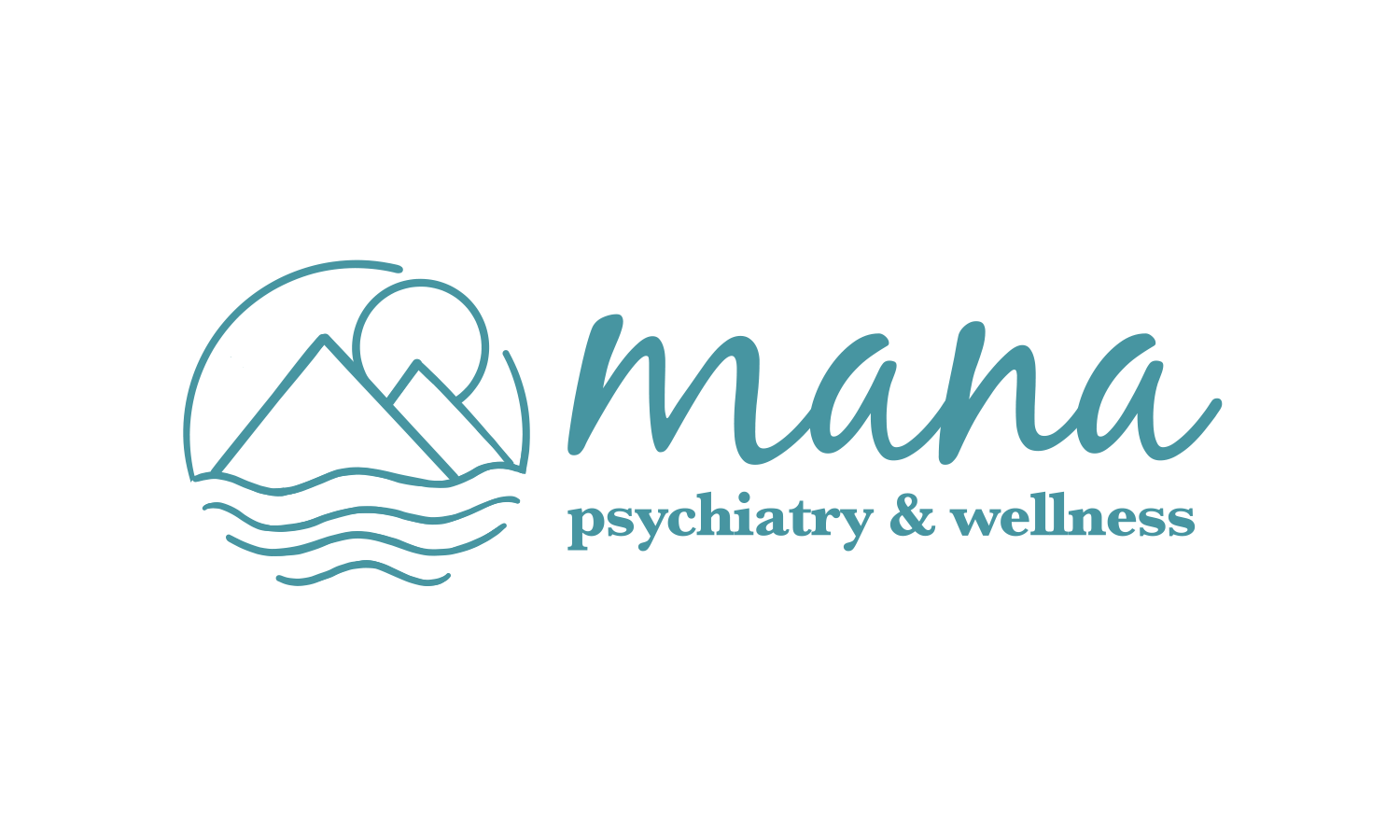
Evidence-based, compassionate care for
Adjustment disorders | Anxiety disorders | Attention Deficit Hyperactivity Disorder (ADHD) | Coping with traumatic events | Depression | General Anxiety Disorder | Obsessive-Compulsive Disorder (OCD) | Panic Disorder | Prevention and promotion of healthy lifestyles | Post-Traumatic Stress Disorder (PTSD) | Seasonal Affective disorder | Social Anxiety disorder | Stress
What to expect at your first appointment.
In your first appointment, we will get to know each other and talk about your background, the medications you’re taking and what your goals are for your wellness, state of mind and future.
We want to learn about your coping mechanisms, how you’re feeling in your day to day life and ultimately what you want to improve.
We will talk through strategies to manage this.
Depending on what you are experiencing, we may prescribe medication.
ADULT MENTAL HEALTH |
It is estimated that 17.3 million adults in the United States have had at least one major depressive episode in his or her lifetime.
Mental health issues are thought to be disorders of brain circuits likely caused by developmental processes shaped by a complex interplay of genetics and experience.

Medication Management for support
Certain life experiences can lead to unhealthy levels of stress, trauma, anxiety, and depression. Left unchecked these can lead to physical sickness, psychological illnesses, and destructive behaviors. One of the ways to combat this is through Medication Management.At Mana Psychiatry, patients are provided with Medication Management support for mental health. Just as you’d make an appointment to visit your primary care physician for a checkup on your physical health, it’s important to ensure you’re checking on your mental health as well.


